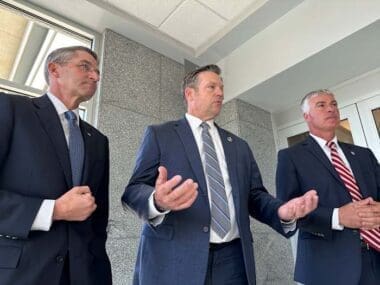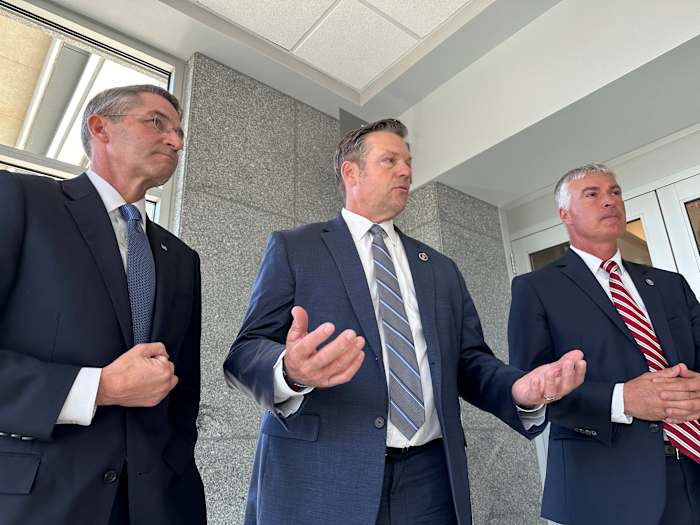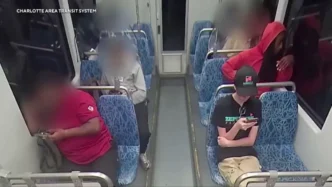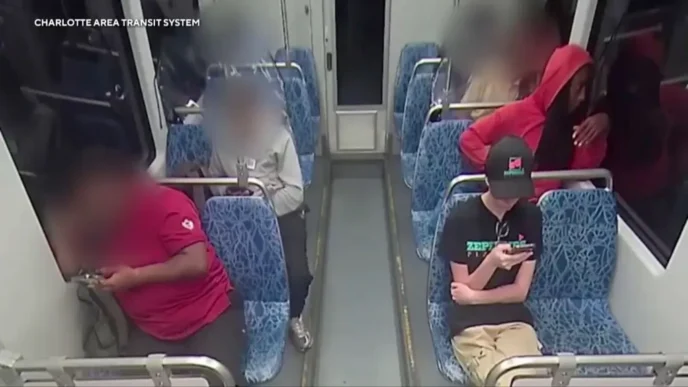In a significant legal development, a federal judge has halted the extension of Affordable Care Act (ACA) benefits to young immigrants known as “Dreamers” across 19 states.
The decision, issued by Judge Daniel Traynor from the U.S. District Court in North Dakota, temporarily suspends a Biden administration initiative aimed at providing ACA health insurance access to approximately 147,000 Dreamers, immigrants brought to the United States as children. This ruling represents a notable setback for efforts to extend healthcare coverage to this group of individuals.
The order comes as a result of legal action taken by Republican attorneys general from these states, who argued that permitting Dreamers to access public healthcare subsidies might incentivize the continued illegal presence of immigrants in the U.S., and impose potential costs on the states involved. These plaintiffs claimed that the ACA and federal legislation from 1996 prevent government benefits from being allocated to immigrants residing in the country unlawfully.
Judge Traynor, appointed during the Trump administration, suggested that allowing Dreamers access to ACA subsidies could encourage illegal residency, posing a financial threat to state resources. Traynor’s ruling underscored that federal agencies cannot unilaterally alter statutory definitions pertinent to lawful presence in the U.S., emphasizing that such decisions are reserved for Congress.
The case arose in part due to actions by the U.S. Centers for Medicare and Medicaid Services, which had introduced a rule this year purportedly redefining the criteria of legal status to enable Dreamers to gain ACA benefits. The state’s legal representatives saw this as the administration acting beyond its mandate, a sentiment echoed by Kansas Attorney General Kris Kobach, who deemed the federal rule as an overreach of executive authority.
Meanwhile, there has been significant pushback from immigrant advocacy groups. Nicholas Espíritu from the National Immigration Law Center expressed profound disappointment, stating that the decision unjustly denies Dreamers essential healthcare. Espíritu emphasized the intent to keep pushing against what they view as an erroneous legal interpretation.
In contrast, supporters of the ruling, like North Dakota Attorney General Drew Wrigley, maintain that the outcome respects the law by ensuring that taxpayer-funded health services are not extended to those living illegally in the U.S. This divisive issue touches on broader debates over how immigration policy intersects with public resources and fiscal responsibility.
The ruling aligns with dicta suggesting that executive actions must remain within the boundaries set by legislation, reflecting concerns about overextending federal administrative powers. In anticipation of continuing debates and legal challenges, parties on both sides of the issue are preparing for a lengthy judicial process that will further explore the balance between federal policy implementation and states’ rights.
This ruling signals a contentious and ongoing legal battle over the rights of immigrants in the U.S. and the scope of federal authority in redefining healthcare eligibility. The discourse surrounding this decision emphasizes the complex interplay between legal interpretation and policy-making in the realm of immigration and public benefits.
Source: News4jax














